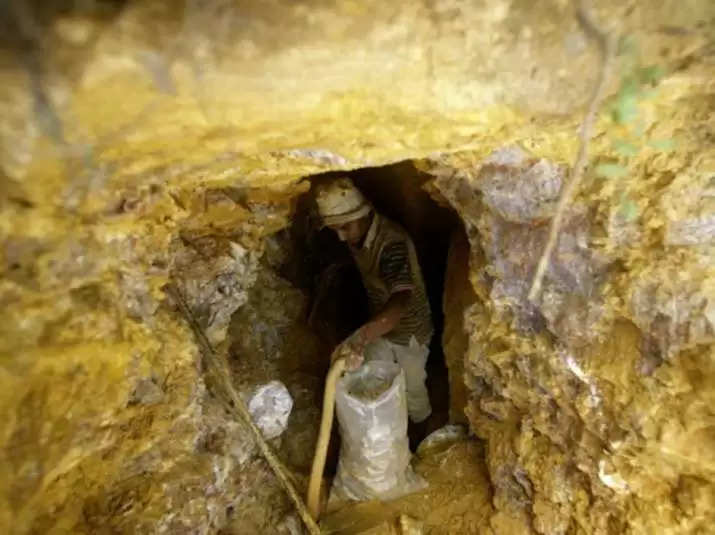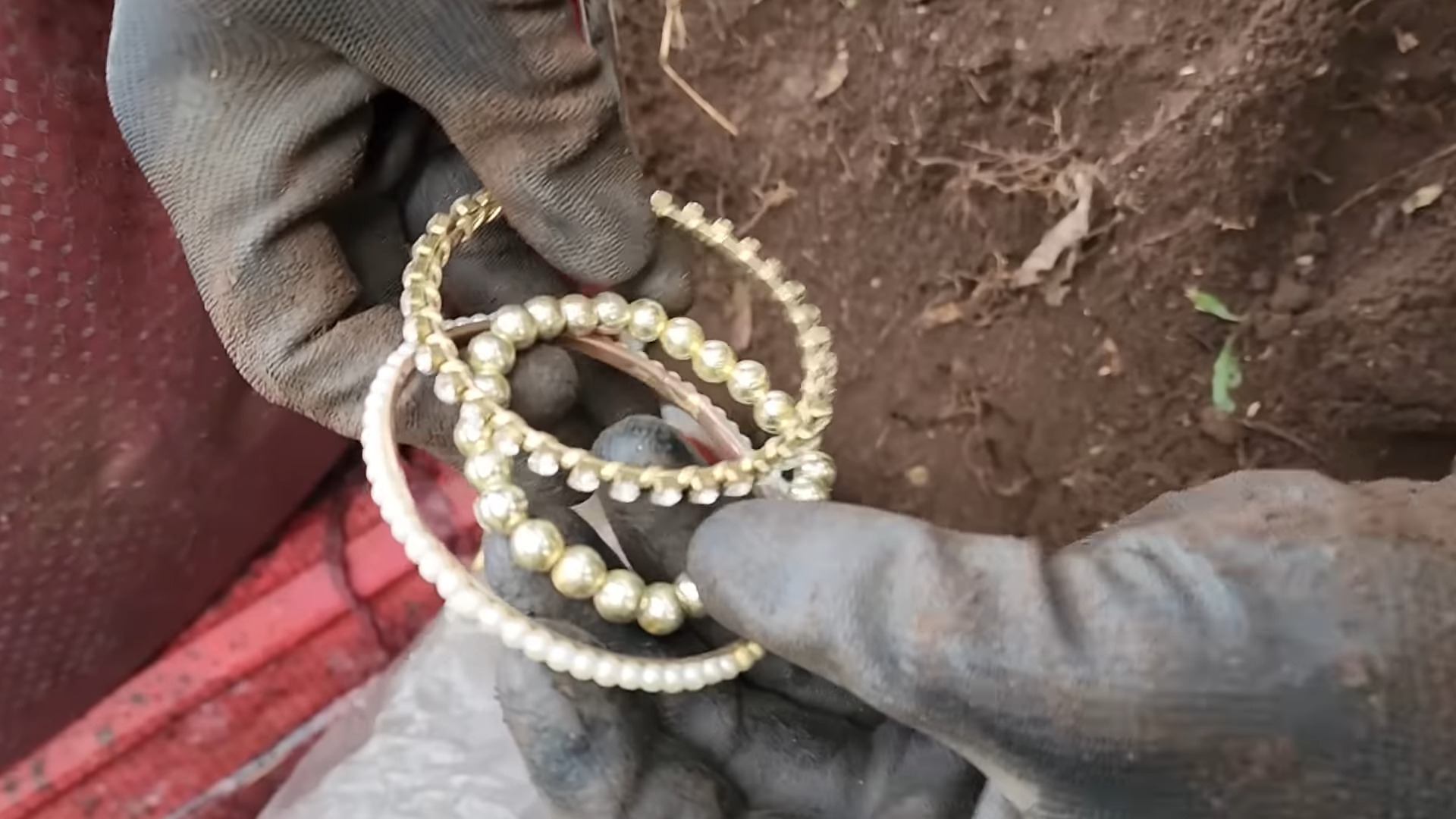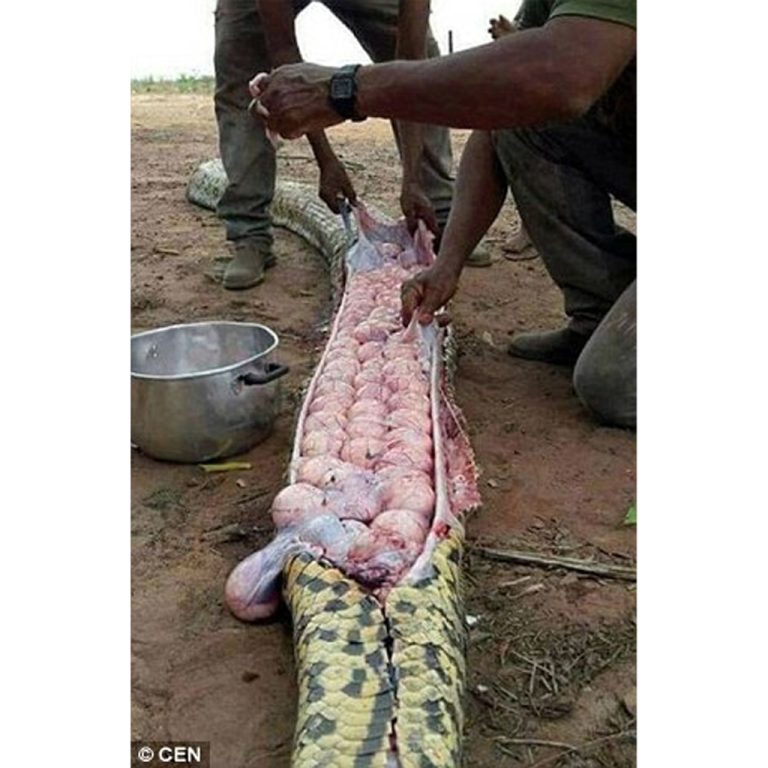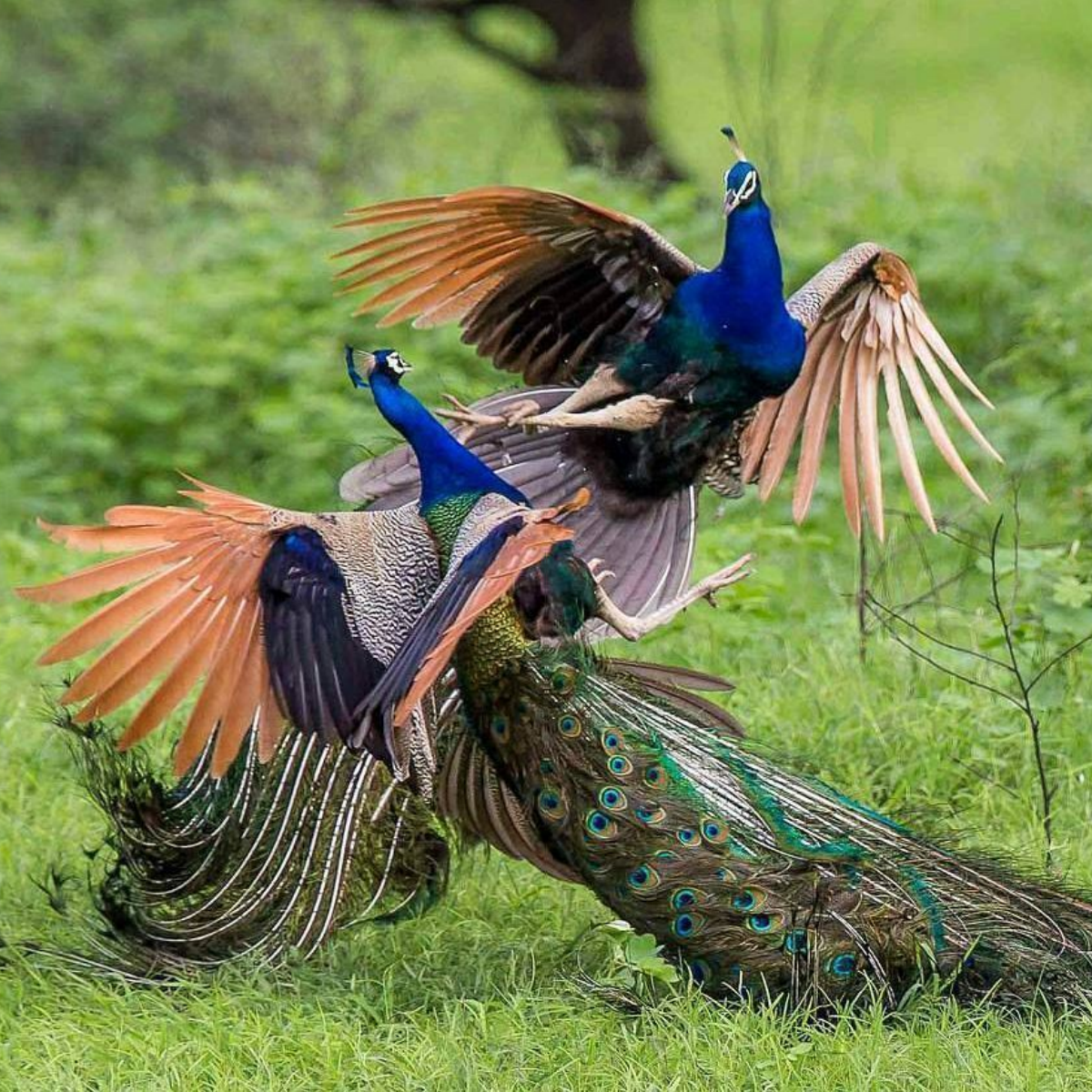Archaeologists Unearth Ancient Artifacts Dating Back 40 Million Years at California Gold Mine
VIDEO:
An unexpected trove of ancient animal and plant fossils has been unearthed from a gold mine in California’s Mojave Desert. The findings provide a rare window into life on Earth between 40-50 million years ago.

The fossils were discovered roughly 500 feet underground at the open-pit Cripple Creek gold mine near Barstow, California. Miners excavating the site contacted paleontologists when they began uncovering remains of ancient leaves, petrified wood, fish vertebrae, and even a 20-foot limb from an ancient crocodile-like creature.

A team of researchers from the San Bernardino County Museum were surprised to find such a diversity of fossils dating from the Eocene epoch. Plant remains included palm leaves, pine cones, and fronds from an ancient sycamore tree. The ancient crocodile limb offers clues into when these massive reptiles first inhabited North America.

Study lead author Dr. Rachel Walcott called the findings a “time tunnel” offering a snapshot of life during a period when this desert region was once a humid, sub-tropical forest. Vegetation thrived around river systems that no longer exist today.
Researchers will continue excavating the site in conjunction with mining operations, hoping to gain further insights into the ancient landscape and organisms that inhabited it. This remarkable accidental discovery illustrates how modern mining pursuits can sometimes intersect with antiquity.




